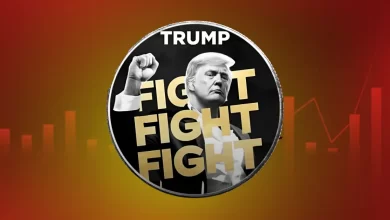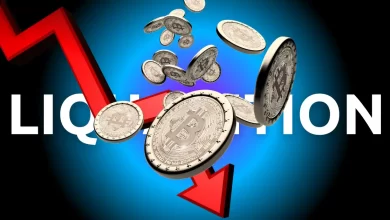Bitcoin Is An Unreplicable Lifeline In Authoritarian Regimes
Bitcoin has been a lifeline for many individuals in developing countries facing economic crises and political instability. In Nigeria, where the currency, the naira, has faced significant devaluation, Bitcoin has emerged as a vital tool for preserving wealth. The government’s restrictions on stablecoins have led to a surge in P2P Bitcoin trading, as users seek alternative financial systems to safeguard their assets. The decentralized nature of Bitcoin has allowed Nigerians to bypass banking controls and continue using the cryptocurrency despite regulatory crackdowns on stablecoins.
In Afghanistan, after the Taliban takeover led to the collapse of the banking system, Bitcoin became a crucial means of financial survival, especially for women who were left with limited options. With traditional remittance networks like Hawala charging high fees and frozen central bank reserves making it difficult to access dollars, Bitcoin emerged as a secure option for many. While stablecoins faltered under Afghanistan’s constraints, Bitcoin thrived due to its decentralized design, enabling direct and pseudonymous transfers in a time of crisis.
Venezuela has also seen the value of its currency, the bolívar, plummet, leading many like Carlos, a mechanic in Caracas, to turn to Bitcoin to preserve their wealth. Unlike stablecoins, which are pegged to the USD and subject to the same inflationary pressures, Bitcoin has provided a financial lifeline for individuals in Venezuela facing economic hardship. The slow erosion of wealth due to hyperinflation has made stablecoins less attractive, as they are not truly stable in the long run.
Authoritarian regimes around the world have targeted stablecoins with various strategies, including proposed bans, banking blockades, KYC enforcement, state-sponsored hacks, licensing strangleholds, surveillance, and arrests. However, these tactics have not been effective against Bitcoin, which operates beyond the reach of governments due to its decentralized network of miners and nodes. Bitcoin’s architecture ensures that it remains resistant to censorship and control by centralized authorities, making it a valuable asset for individuals in countries with strict capital controls.
While stablecoins and altcoins have attempted to replicate Bitcoin’s utility, they have fallen short due to their dependencies on centralized issuers and platforms. Centralized altcoins like XRP, Solana, and Ethereum have faced similar challenges as stablecoins, making them less reliable in times of crisis. Bitcoin’s sovereignty-preserving properties outweigh its volatility for individuals in autocratic nations, making it a tool for survival rather than just transactions.
In conclusion, Bitcoin’s unique value lies in its ability to meet the pressing needs of individuals in developing countries facing economic instability and political turmoil. Western commentators must look beyond their privileged perspectives and recognize the significance of Bitcoin in providing financial security to those in need. By listening to the stories and data from these regions, we can understand why Bitcoin is uniquely vital in a way that stablecoins and altcoins cannot replicate. Let’s shift our focus from projecting our realities onto others to truly listening and understanding the impact of Bitcoin in the Global South.




